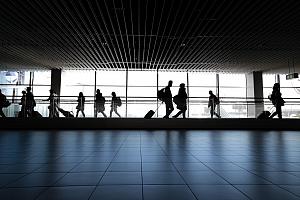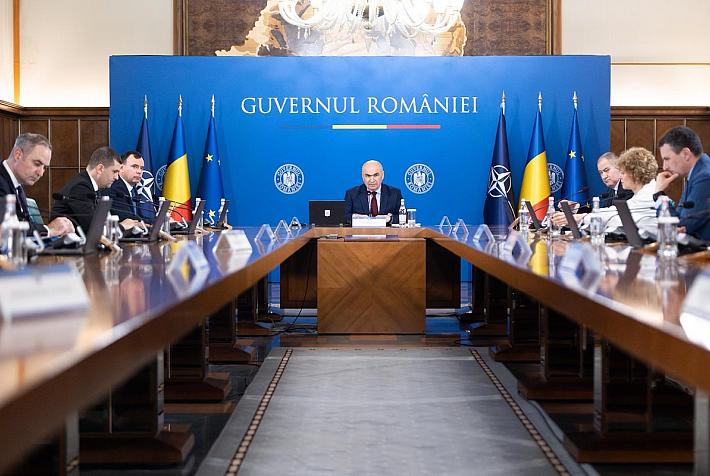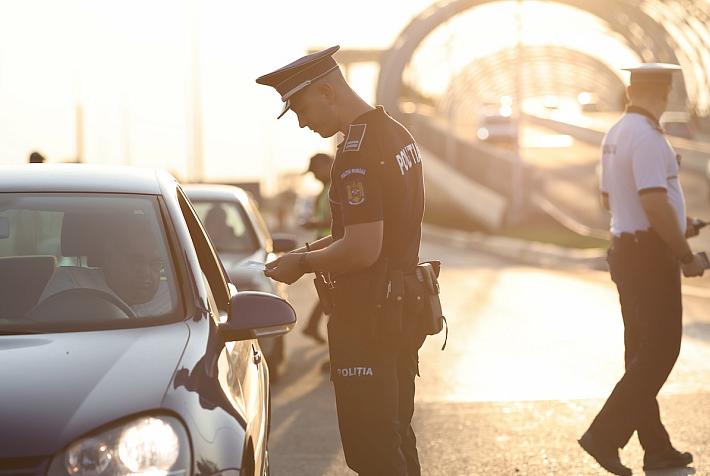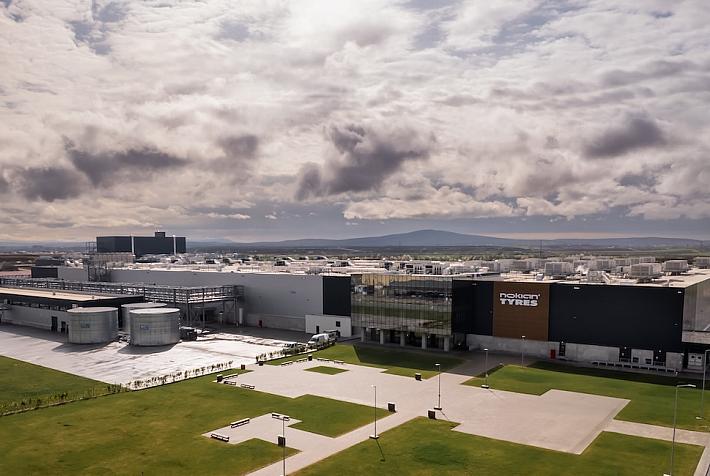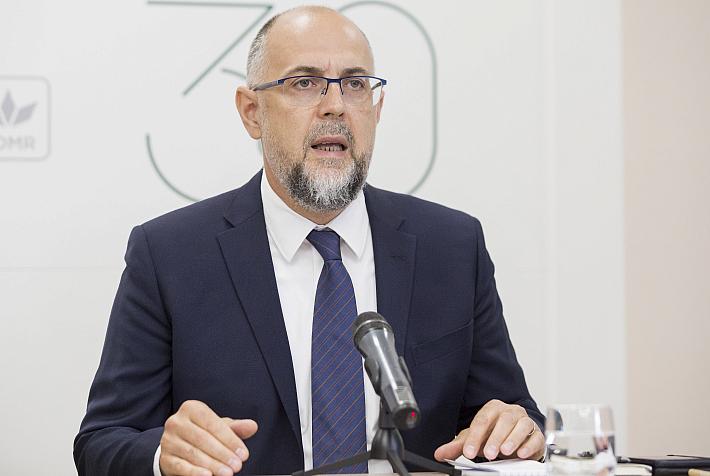Coronavirus in Romania and the world: Situation summary, restrictions & safety tips

The novel coronavirus (COVID-19) is the hottest topic these days, with governments and health authorities all over the world taking measures to limit its spreading. So what’s the situation in the world and in Romania, and what can we do to protect ourselves?
The novel coronavirus has been spreading fast around the world, with many countries reporting COVID-19 cases or even serious outbreaks. The infectious disease has also hit Romania, where the authorities have been announcing unprecedented restrictions and actions in an attempt to limit its spreading. And while the authorities are trying to figure out the best ways to fight the novel coronavirus, there are also a few things every individual can do to prevent the infection and the spread of the disease.
COVID-19 in the world - situation summary
The global number of confirmed cases of COVID-19 has surpassed 100,000, according to official data, reaching almost 110,000 on March 9. The total number of deaths has also been going up by the day, surpassing 3,800.
Most of the confirmed cases were reported in China, where the infectious disease caused the death of more than 3,100 people. Outside China, 104 countries/territories/areas have reported cases of COVID-19.
In Europe, Italy has registered the highest number of confirmed cases (which has made the Italian authorities expand the quarantine measures nationwide), followed by France and Germany.
The World Health Organization (WHO) is publishing daily situation reports here.
COVID-19 in Romania – latest figures and preventive measures/restrictions
Romania is among the countries with the lowest numbers of confirmed cases so far – 17 as of March 9 (of which two in Bucharest). Of these, five patients were declared cured and released from the hospital. Meanwhile, 52 other people are quarantined and over 11,200 are under isolation at home and monitored by doctors (but figures change by the hour). Romania’s first positive case of coronavirus infection was reported on February 24.
The Romanian Government and health authorities have rushed to take preventive measures and announce restrictions, some of them never implemented before in the country.
Starting March 8, all public or private events with more than 1,000 participants, organized in open or closed spaces, are forbidden in Romania. The events with less than 1,000 participants need to be approved by the local authorities, based on a case-by-case analysis. This decision is valid until March 31, 2020, and has already led to the canceling or rescheduling of several events in the country, while football matches have been taking place without spectators. In addition, major music festivals such as Untold or Nevesea, and even the EURO 2020 football championship are at risk of being canceled if the coronavirus continues to spread at a fast pace, Alexandru Rafila, the president of the Romanian Society for Microbiology, said on March 9, according to local Mediafax.
Also until March 31, visiting patients in hospitals is forbidden, as well as the medical students’ access to hospitals.
Given the delicate situation in Italy, Romania also decided to suspend all flights between Romania and Italy between March 9 and March 23, as well as all direct bus lines and trains to and from Italy from March 10 until March 31. Romanian citizens arriving from Italy, China, Iran, and South Korea at terrestrial border points will be allowed into the country only under the compulsory measure of being quarantined. Those returning to the country will be asked to sign a declaration that they do not come from a quarantined area and risk sanctions if proven otherwise.
Another action of the Romanian authorities was to close all schools between March 11 and March 22, a measure targeting all kindergartens, primary, secondary and high schools in Romania, both public and private. Similar to the other measures, this one is also preventive and could be prolonged based on the evolution of the coronavirus outbreak. Meanwhile, several universities in Romania also decided to suspend courses for various periods of time.
In Bucharest, the subway operator announced several measures to prevent overcrowding, while the Bucharest Transport Company (STB), which operates the city’s overground public transport, also said it would introduce additional vehicles into use, for the same purpose. Meanwhile, the Parliament Palace, one of the most visited tourist sites in the capital, is closed to visitors between March 10 and March 31.
People in Romania who wish to learn more about the coronavirus prevention measures can call the dedicated hotline 0800 800 358. This number should be used only by those who want to learn more about the symptoms and ways to prevent infection with COVID-19. Those who think they might have contracted the virus need to call the emergency number 112.
COVID-19 symptoms & safety tips
COVID-19 is the infectious disease caused by the most recently discovered coronavirus, the WHO explained. People can catch the disease from other people who have the virus, through small droplets from the nose or mouth, which are spread when a person with COVID-19 coughs or exhales. There is no evidence, however, that people can catch COVID-19 from companion animals or pets such as cats and dogs.
Estimates of the incubation period for COVID-19 range from 1-14 days. The most common symptoms include fever, tiredness, and dry cough but some patients may experience aches and pains, nasal congestion, runny nose, sore throat or diarrhea. However, some people could show no symptoms.
The World Health Organization says that illness due to COVID-19 infection is generally mild but the virus can cause serious illness, especially in the case of older people or those with underlying medical problems such as high blood pressure, heart problems or diabetes. There is yet no vaccine or specific antiviral medicine to prevent or treat COVID-2019.
However, there are several general rules every individual should follow to decrease the chances of getting infected. They are pretty simple and easy to follow: wash your hands frequently and avoid touching your eyes, nose, and mouth without washing your hands first; avoid close contact with sick people,
Healthy people do not need to wear masks unless they care for a person ill with COVID-19. There is a worldwide shortage of masks, so WHO urges people to use masks wisely. In Romania, for example, it’s currently very difficult to find masks in pharmacies or other stores, and even the online stores are out of stock. Further safety tips are available here and here.
Those who have been to an area affected by COVID-19 or have been in contact with an infected person and within 14 days develop a cough, fever, or shortness of breath should isolate themselves at home and call the health number and seek advice.
To stay informed, follow the websites of the World Health Organization or the European Centre for Disease Prevention and Control. In Romania, official information may be accessed on the websites and social media accounts of the Ministry of Health, Ministry of Interior and the Department for Emergency Situations (DSU).
newsroom@romania-insider.com







